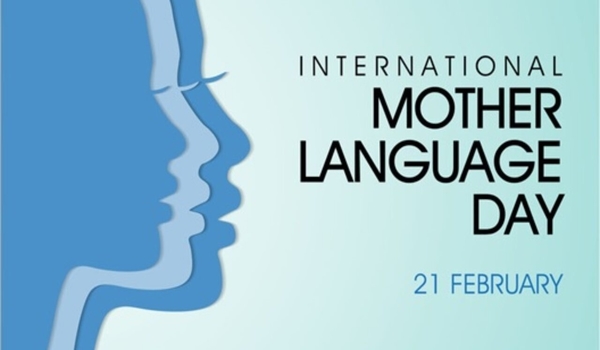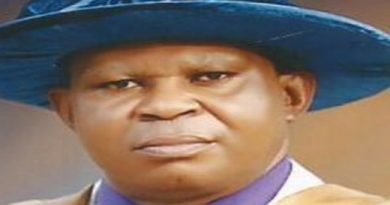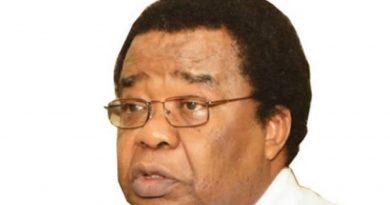UN marks International Mother Language Day by promoting mother tongues to preserve culture
International Mother Language Day is observed across the world on February 21 to highlight the significance of linguistic diversity and multiculturalism.
According to the United Nations, the theme for this year is ‘Using technology for multilingual learning: Challenges and opportunities.’ They say an estimated 6000 languages are spoken in the world and around 43 percent of them are endangered.
The UN mentioned in its statement that this year’s theme raises the potential role of technology to advance multilingual education and support the development of quality teaching and learning for all.
Linguistic diversity is increasingly coming under threat as more and more languages disappear. The UN reports that globally 40 percent of the population does not have access to an education in a language they speak or understand. It is through days like this that native languages are promoted and efforts to preserve them are made.
This day designated by the United Nations recognises that languages and multilingualism can advance inclusion, and the Sustainable Development Goals’ focus on leaving no one behind.
The day signifies how an intergovernmental body like UNESCO believes in the importance of cultural and linguistic diversity for sustainable societies. According to UNESCO, it is within its mandate for peace that it works to preserve the differences in cultures and languages that foster tolerance and respect for diversity.
With a growing understanding of its importance, particularly in early schooling, and more commitment to its development in public life, progress is being made in mother tongue-based multilingual education.
The experiences of COVID-19 especially in the field of education highlighted how technology is essential for distance learning. The UN recognises that technology has the potential to address some of the greatest challenges in education. Hence with this year’s theme efforts are being made to stress how multilingual education based on mother tongue is a key component of inclusion in education.
Meanwhile, a survey was conducted by international news media across different countries in Africa to know whether they could speak their mother tongue. The majority of persons quizzed answered in the affirmative that they were well versed with their mother tongue.
“My name is Beatrice Lamwaka, my mother tongue is Acholi. I speak Acholi, I dream in Acholi, everything, I think first in Acholi so my English is Acholi-English.”
In an exclusive interview with a Kenyan multilingual, Hellen Mtawali, who speaks 16 languages, she told us that she has had a passion for languages since she was young and mostly learns them from music.
”Part of the way I would learn the language is to master songs so if I want to get the vocabulary I get to grasp a few songs then I get to learn the right tonation before I know it someone is speaking to me in that language because they believe I know the language and that’s how I learned those languages”
16 languages are not enough for her, she says she intends to learn more including the Chinese language.
Mtawali now boasts of how being multilingual has opened her doors in different world stages
”At a time I was invited to lead worship in an African leaders conference they need to hire people from other parts of the continent they only had me to sing songs from different parts of the world”
As the world celebrates world mother tongue she is now asking people not to forget their mother tongue regardless of where they grew up as it forms part of their identity.
”Please know you have an identity, don’t forget where you come from don’t forget your mother tongue because that’s the first language your mother spoke that binds you”.
It was the initiative of Bangladesh to set up the International Mother Language Day, which was approved at the 1999 UNESCO (United Nations Educational, Scientific and Cultural Organization) General Conference and has been celebrated ever since annually. The first International Mother Language Day was observed throughout the world in 2000.




